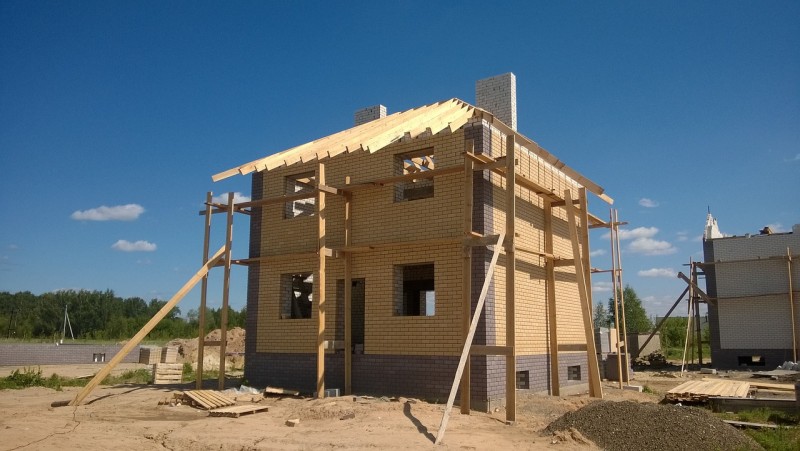Investors as a rule allude to an incredibly protected investment with the expression "as protected as houses." This shows the customary mindset that real estate is one of the most secure investment choices. The outdated chain of thought accepts that real estate contributes to a great extent without risk and provides the best fence against expansion. Notwithstanding, the world has as of late, after numerous real estate crashes, found that houses aren't as protected as they were viewed as. This article specifies the different dangers that a financial backer needs to look out for while putting resources into real estate properties. A portion of the normal dangers are as follows:
Risk #1: Chance of Terrible Inhabitants
Many individuals that put resources into real estate generally contribute to the incomes that are gotten from real estate. These incomes are gotten as consistently rising rental installments. The suspicion behind these incomes is that investors can constantly track down great residents. Great inhabitants settle up on time, don't obliterate property, and make no other lawful problems.
Risk #2: Liquidity Dangers
Real estate investments are presumably the most illiquid when contrasted with any remaining investments. This is on the grounds that the amount of cash expected for real estate investments is enormous, and it takes a gigantic responsibility from the individual budgets of any financial backer. Hence, in the event that you are a real estate financial backer and need to leave a property, there is no prepared market that will give moment-by-moment statements with respect to your property. Likewise, the purchasers who will go into such an immense exchange are rare.
Risk #3: Influence Dangers
In the above point, we expressed that real estate investments ordinarily require a huge commitment of capital. A great many people who purchase real estate don't have that sort of extra cash flow to put resources into a given property. Thus, more than 66% of real estate that is traded in any market has influence connected to it.
Individuals generally purchase a home with a home loan. The home loan extends over a lengthy period, say 30 years or something like that. Thusly, the interest that is expected on the home loan is a few times the first sum acquired! To add to that, the few initial and regularly scheduled instalments that are made towards the contract involve only interest. Subsequently, over the initial 4 years or something like that, one barely takes care of any head!
Risk #4: Counterparty Dangers
A great deal of people that purchase real estate for the most part purchase incomplete units. Incomplete units are by and large less expensive, and designers will give better support. Nevertheless, purchasing "under development" units likewise conveys a few serious dangers. Some people don’t know how to find the real estate agents so we are giving you the opportunity to write for us real estate and make people more aware about it. Send your blogs at developergang1@gmail.com.
The investors become defenceless against default by the engineers. Likewise, ordinarily, the engineers can't get the expected consents from the neighbourhood specialists. As such, the task gets postponed. Because of this deferral, purchasers wind up losing a piece of their investment as they need to keep on paying rent.
Risk #5: Data Dangers
The real estate market is incredibly misty when contrasted with different business sectors. There is exceptional and precise data accessible in business sectors like stocks, bonds, and bullion. One can utilise the information to measure the patterns in the resource class and make informed choices. Nonetheless, with regards to real estate, the main information that is accessible is from neighbourhood agents. These intermediaries have personal stakes and accordingly have no great explanation to give dependable, significant data. Information connected with the continuous rental and capital qualities is, therefore, to a great extent a supposition!
ALSO READ: gambling and addiction's effects on neuroplasticity









